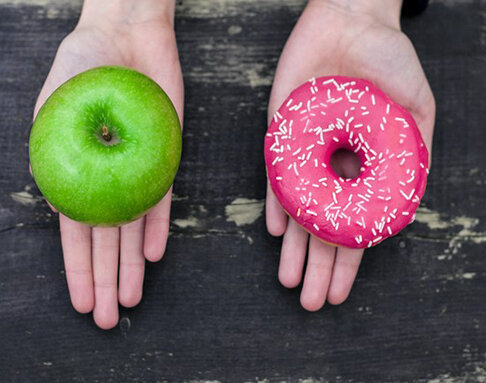Understanding Ultraprocessed
In the 1970s and 80s, fat was the dietary enemy. In the 90s, the scope of blame narrowed to one type: saturated fat. As the millennium turned, so too did our notions of good for you/bad for you, and suddenly sugar became the primary ingredient villain. Now, there’s a new edible gangster in town: ultraprocessed foods.
The body is impacted by all of the ingredients in a given food. For years, nutritionists have preached the importance of whole foods – foods that are consumed in a form pretty similar to the form they take in nature and therefore packed with their native nutrients. Nuts may be skinned or shelled, but they grow as whole nuts; ditto whole fruits and vegetables, grains, and raw meats. Nothing extra gets added to a true whole food.
There’s a continuum of transformation of food from whole to processed to ultraprocessed that you can pretty much guess: a processed food has added ingredients (think salt, sugar, oil) that change its taste or texture. You are about as far from whole as possible by the time you get to ultra-processed: foods made mostly from ingredients without retaining much (or any) wholeness. There actually isn’t one agreed upon definition of ultra-processed, but some of these items only contain “substances” derived from other foods. It can’t be good for us. And it’s not.
If you are heading down a road of healthfulness, steer clear of ultra-processed foods. Some studies show that these foods cause weight gain, others that they trigger inflammation which can have a host of negative effects like diabetes and heart disease; none show any great benefits to an ultra-processed diet. All of this is somewhat amazing given that our supermarkets are filled with this stuff, most claiming to be packed with healthy ingredients.

You hear it all the time: the advice to “eat less processed food.” But what is processed food? For that matter, what is minimally processed food or ultra-processed food? And how does processed food affect our health?What are processed and ultra-processed foods?Unprocessed or minimally processed foods are whole foods in which the vitamins and nutrients are still intact. The food is in its natural (or nearly natural) state. These foods may be minimally altered by removal of… READ MORE



